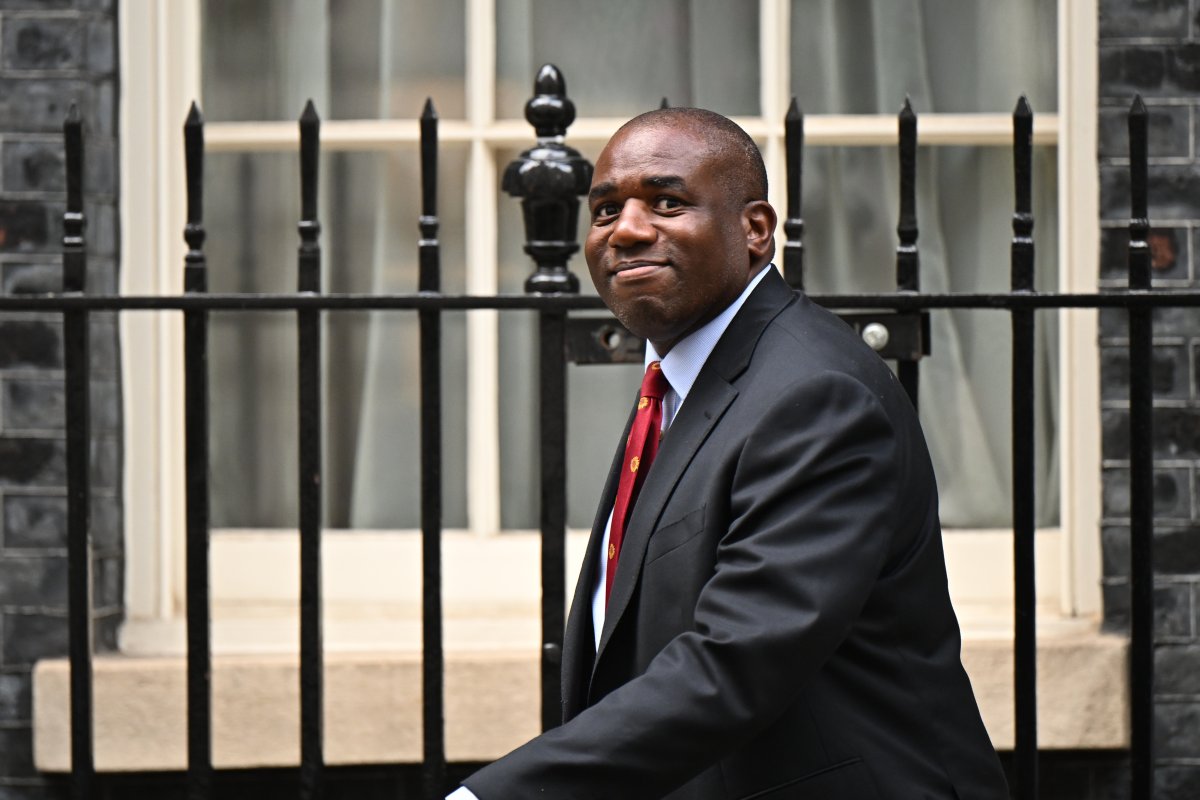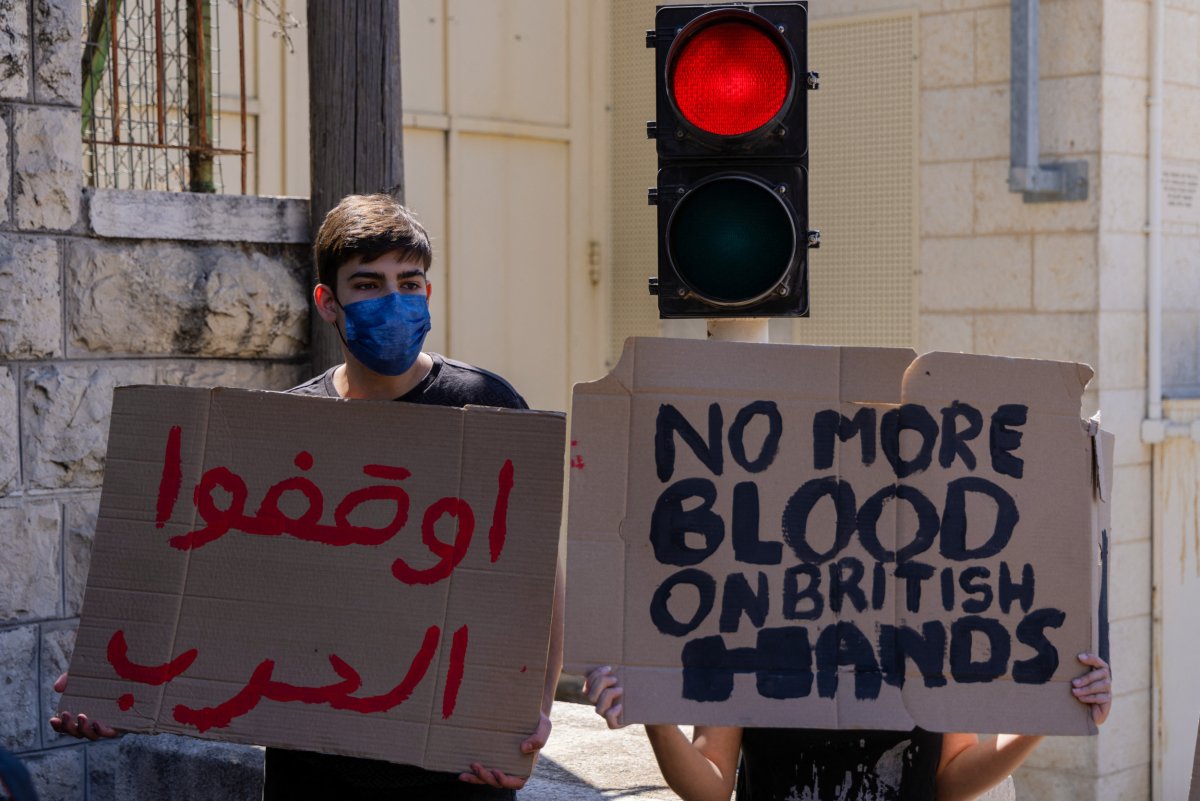Britain’s decision to suspend certain arms exports to Israel has reportedly sparked concerns in Washington.
On Monday, U.K. Foreign Secretary David Lammy announced that after a thorough two-month review, the government determined there was a “clear risk” that British-made military equipment could be used to violate international humanitarian law in the Gaza conflict.
As a result, about 30 of the 350 existing export licenses for military components, including parts for aircraft and drones, have been temporarily suspended.
Sources in the White House said they felt let down by the decision, reported said.
“They assured us they wouldn’t do this,” a government source told British broadcaster ITV’s political editor Robert Peston.
A source inside the foreign office informed The Daily Telegraph of London that the US had been informed of the decision before it was announced on Monday.

Foreign Secretary David Lammy leaves Downing Street after the first cabinet meeting following summer recess on Sept. 3, 2024 in London, England. The UK’s decision follows a two-month review and affects components for aircraft, drones, and other military equipment.
Leon Neal/Getty Images
Israeli Prime Minister Benjamin Netanyahu reacted strongly to Britain’s decision, condemning it as “shameful” but asserting that Israel will continue its military campaign against Hamas “with or without British arms.”
Lammy emphasized that this move does not constitute a blanket ban or arms embargo.
Instead, it’s a precautionary measure to ensure that British arms are not misused in the conflict, he said.
“This is not a determination of innocence or guilt,” Lammy told Parliament, stressing the importance of adhering to international standards.
Both the White House and the U.K. Foreign Office have downplayed any notion of a serious rift, with U.S. officials acknowledging differences in legal frameworks between the two nations regarding arms sales.
Newsweek contacted the White House for comment on Tuesday morning.
Sir Ephraim Mirvis, The UK’s Chief Rabbi, criticized the move, using his X (formerly known as Twitter) account to stress that Lammy’s decision “will not help to secure the release of the remaining 101 hostages, nor contribute to the peaceful future we wish and pray for, for all people in the region and beyond.”
It beggars belief that the British government, a close strategic ally of Israel, has announced a partial suspension of arms licences, at a time when Israel is fighting a war for its very survival on seven fronts forced upon it on the 7th October, and at the very moment when six…
— Chief Rabbi Sir Ephraim Mirvis (@chiefrabbi) September 2, 2024
The U.K.’s decision is particularly significant given its status as one of Israel’s closest allies.
The suspension comes as the conflict between Israel and Hamas, which erupted on October 7, continues to escalate with no end in sight.
Hamas’ initial attack left approximately 1,200 Israelis dead, mostly civilians, and saw around 250 taken hostage.
The ongoing Israeli attacks on Gaza have resulted in over 40,000 Palestinian deaths, officials from the Hamas-run Gaza Health Ministry have said.
Israel’s allies, such as the U.S. and the U.K, are facing pressure to address the scale of civilian casualties, with many calling for a reassessment of military support to Israel.

Israeli activists hold placards in a protest to call on the U.K. to stop providing arms to Israel for its war in the Gaza Strip, outside of the British consulate in east Jerusalem, Israel, on Friday, Aug. 16, 2024, during British Foreign Secretary David Lammy’s visit. Lammy stressed that this is not a blanket ban or arms embargo.
FAIZ ABU RMELEH/Middle East Images/AFP via Getty Images
Although British arms exports to Israel, totaling £42 million ($53 million) in 2022, are modest compared to those of the U.S. and Germany, the suspension sends a significant message.
The move could potentially encourage other Western allies to reassess their military support for Israel.
Domestically, the decision has stirred debate within the U.K., especially among members of newly-elected Prime Minister Keir Starmer’s Labour Party, which has faced internal pressure to adopt a tougher stance on Israel.
This latest move aligns with legal challenges from human rights groups, such as Al-Haq and the Global Legal Action Network, pushing for a complete halt to U.K. arms exports to Israel.
This article includes reporting from The Associated Press








